Golnoosh Nour: Discussing Queer stories from Iran & beyond
Noor
“A short story is a love affair, a novel is a marriage. A short story is a photograph; a novel is a film.” ― Lorrie Moore
Moore is one of my favourite writers, her own acerbic, quick-witted, deeply humane writing was my gateway to the joys of short fiction - from her, I fell hard for Kurt Vonnegut, Lydia Davis, Kirsty Logan, Jeanette Winterson, Carmen Maria Machado, Nawal El-Saadawi, Ursula K. Le Guin, Kate Chopin, Zora Neale Hurston, James Baldwin and Emma Donoghue.
With my nerves and attention span a little frayed I’ve found myself drawn back to these collections and favourite anthologies from brilliant indie presses like Comma Press, Salt and Peepal Tree Press. Anyone else finding this? Would love to know your comfort reads!
Luckily for readers like me there are some really exciting new collections this spring - and top of the pile is Golnoosh Nour’s Ministry Of Guidance. Not just because it’s short stories, but because they are queer short stories. And because they are stories full of characters that so rarely get the limelight.
Nour is a brave and acute observer of how the human spirit fights free of social repression in all its guises - Set mostly in Iran, but making forays to London, Germany, and the transit area of a Ukrainian airport, the stories of Nour’s new collection highlight the lives of young LGBTQI Iranians who are questioning their sexuality.
To tell you more about the new book, she did a wee interview with the bookshop’s own Noor Hemani, and to wrap it up, shared a wee reading from Art Lesson. You can order up a copy of your own below!
What inspired you to write The Ministry of Guidance and Other Stories?
My own experiences and my friends’ experiences as Iranian queers. And the fact that we are invisible in contemporary literature.
Was there a particular impact you were hoping the book would have?
Yes. To emphasize and acknowledge the fluidity of sexuality and gender. To shake and (hopefully shatter!) the tedious constructs of gender and sexuality. But also, to offer a nuanced and humane portrayal of Iran and Iranians.
You’ve made a point of making this collection very nuanced, challenging the demonisation of a nation and the succumbing to stereotypes. Was this affected by the political climate in the UK over the last few years, especially views on Iran?
I’d say mostly the US being aggressive to Iran and yes, the mainstream Western discourse about Iran which is extremely simplistic, propagandist, narrow, and boring.
Did you have a reader in mind when you wrote The Ministry of Guidance?
Yes, myself, and anyone else bored of heteronormative stories, in search of exciting queer literature.
How would you describe your writing style?
Wild but polished. Brutal but kind. Sensual and intense. Forceful yet sensitive. Natural yet crafty.
Writing like this is so powerful and often so personal. How does it feel having this part of you out in the world?
We are all in this world, whether we like it or not. We are all vulnerable and exposed. I think my writing has empowered me in many ways.
Your stories and characters push against boundaries and try to break down binaries, was that a challenge to write?
For me, it was the natural thing to do. I didn’t find it difficult in the slightest.
In the short story published by Granta, which is a story from this book, your main character, Mina, compares her love interest, Hasti, to a Modigliani painting. Do you often reference art in your writing? Does this come from your own love of art?
Well, I used to paint and draw a lot and attend art classes when I was younger. In general, there is a strong connection and unity between art and literature. In that specific story, the exaggerated art references are there because Mina is an artist and it’s mentioned in the story that she ‘studies painting at the university’. So yes, she sees everything through her art school lens. It’s also subtly mentioned in the story that she’s only attracted to people whom she feels like drawing.
Do you have a favourite story in the collection?
It changes! For a very long time my personal favourite was Tehran Yaoi; even thinking about it made me tremble with a strange kind of satisfaction. Then it was Acid, which always makes me tearful for some reason, and took me the longest time to complete/ edit. Recently, it has shifted to Threesome.
What writers or individuals have shaped the way you write/ what you write?
Oscar Wilde, Anais Nin, Forough Farrokhzad, Audre Lorde, Sadegh Hedayat, Iris Murdoch, Edward Said, Julia Bell, Allen Ginsberg, but surely there have been more.
This is your debut fiction collection, but you’ve been published before - does this feel different?
Well, that was poetry, and this is fiction. And that one was published by a much smaller press. It doesn’t feel different, it’s just brought a satisfying sense of continuity and progression. It feels like the logical extension of what I’ve been doing.
There’s so much going on just now - how are you feeling?
Hopeful, bored, sad, happy.
Linked Books
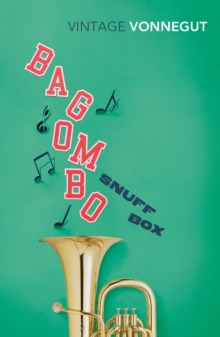
- title
- Bagombo Snuff Box : Uncollected Short Fiction
- author
- Kurt Vonnegut
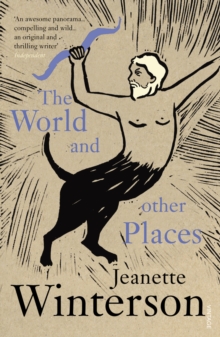
- title
- The World And Other Places
- author
- Jeanette Winterson
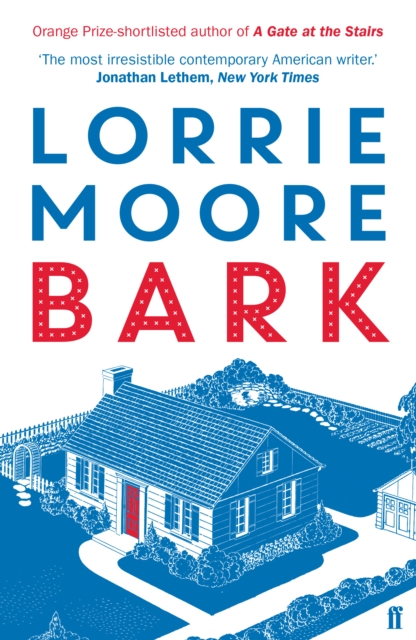
- title
- Bark
- author
- Moore, Lorrie
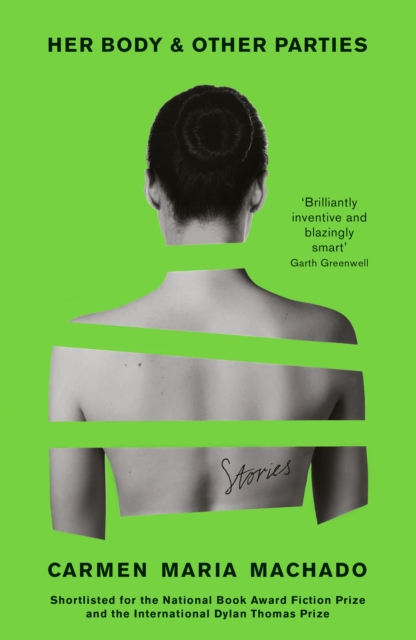
- title
- Her Body And Other Parties
- author
- Machado, Carmen Maria
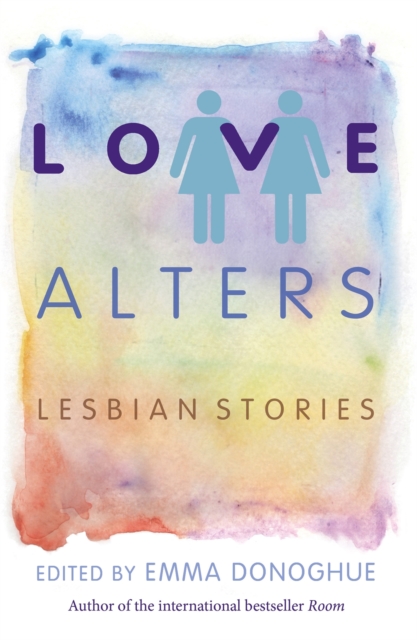
- title
- Love Alters : Lesbian Stories
- author
- Donoghue, Emma
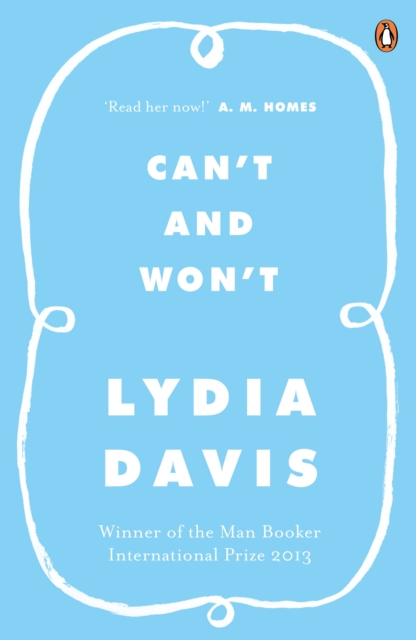
- title
- Can't and Won't
- author
- Davis, Lydia
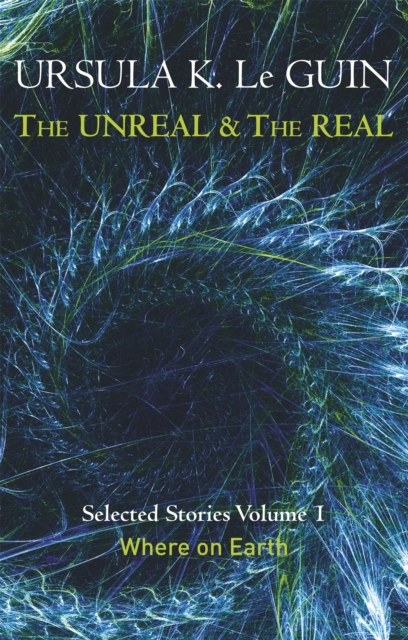
- title
- The Unreal and the Real Volume 1 : Volume 1: Where on Earth
- author
- Le Guin, Ursula K.
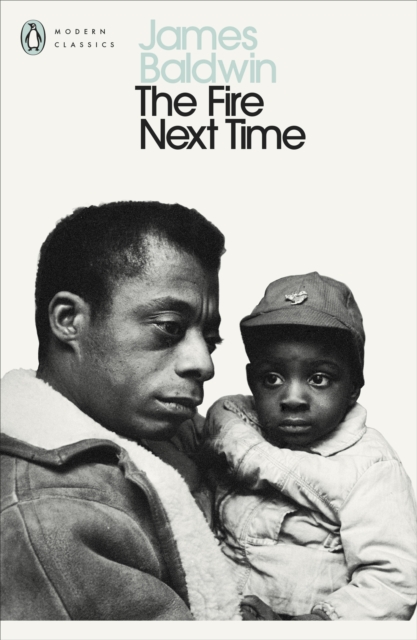
- title
- The Fire Next Time
- author
- Baldwin, James
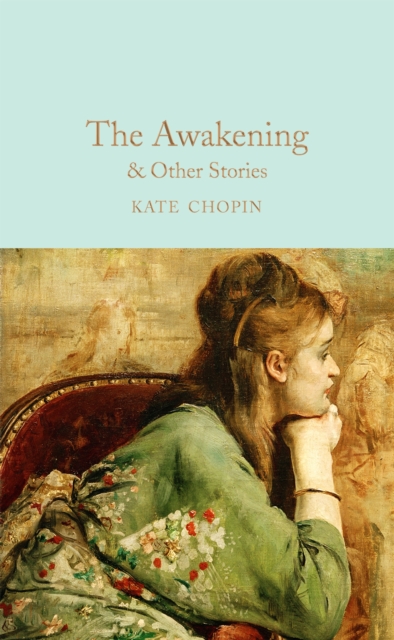
- title
- The Awakening & Other Stories
- author
- Chopin, Kate, Coghlan, J. Michelle
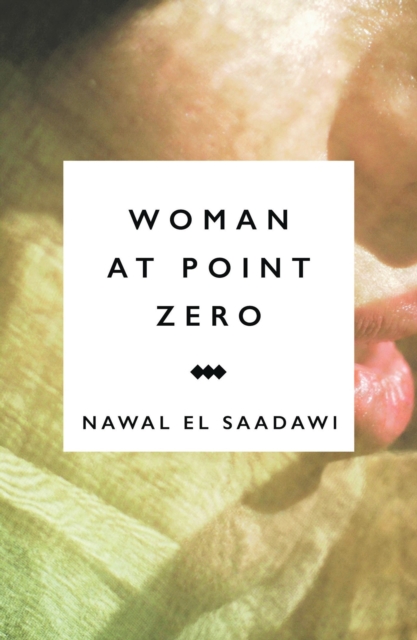
- title
- Woman at Point Zero
- author
- El Saadawi, Nawal, Hetata, Sherif, Cooke, Miriam
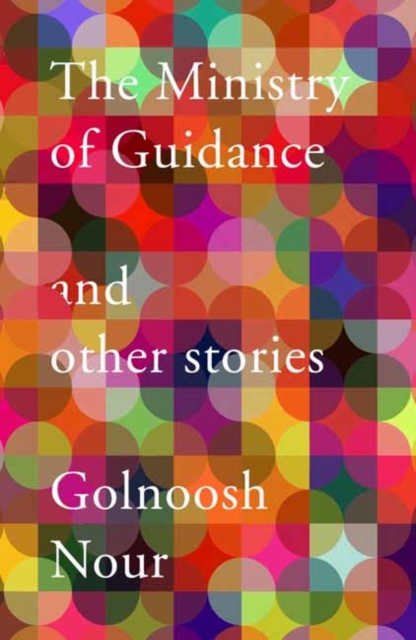
- title
- The Ministry of Guidance
- author
- Nour, Golnoosh
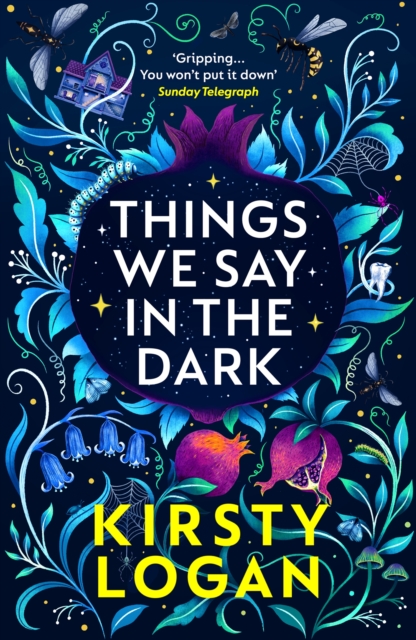
- title
- Things We Say in the Dark
- author
- Logan, Kirsty